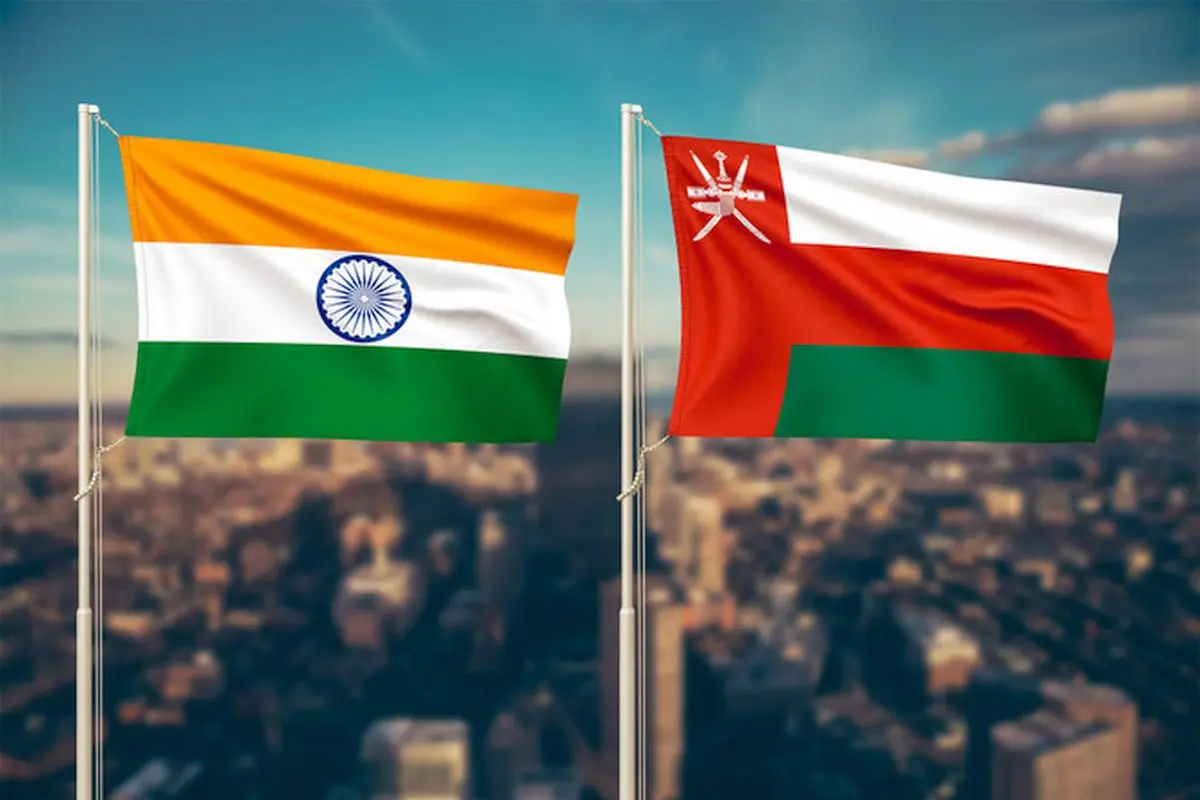The proposed Free Trade Agreement (FTA) may be signed between India and Oman within the next three months. The official said, “The conversation has been completed. The signature was delayed because the agreement was to be translated into Arabic. Now the legal investigation of the translated document (‘legal scrubbing’) is going on. After this, the cabinet of both countries will approve the agreement.”
In the trade agreement with the UK, the conversation and signature was declared separately. But in the Indo-Oman Trade Agreement, the two countries have principled that the conversation and signature will be announced simultaneously. When asked if it would take 2-3 months, the officer said that it would take “much less than this”.
The agreement is officially called Complicated Economic Partnership Agreement (CEPA). Its talks started in November 2023. In such agreements, both business partners lower or eliminate custom duty (custom duty) on most goods and make rules easier to promote trade and investment in services.
Oman is India’s third largest export destination
Among the countries of the Gulf Cooperation Council (GCC), Oman is India’s third largest export market. India’s uniform agreement is already applicable to another member country of GCC, UAE, which came into effect in May 2022.
bilateral trade
In 2024–25, bilateral trade between India and Oman stood at least 10 billion US dollars (exports: $ 4.06 billion, imports: $ 6.55 billion). India’s main imports are petroleum products and urea, which is more than 70% of the total imports. Other major imports include propaline and ethylene polymer, stomach coke, gypsum, chemical, iron and steel.
Trying to reduce the effect of American tariff
The official said that the Indian government is looking for opportunities for its labor-dominated products in the markets of West Asia and Europe to reduce the impact of heavy tariffs imposed by the US. This increased fee was declared by President Donald Trump and came into force in two phases on 7 August and 27 August. This is estimated to affect $ 50-55 billion of Indian exports. This will especially affect India’s labor-dominated exports, such as textiles, shrimp (shrimp), organic chemical, carpet, and gems and jewelery, which are now levied the highest effective fees in the world.
The official said, “India is ready for different FTA with different member countries of the Gulf Cooperation Council (GCC). At the same time, business talks with the European Union (EU) are also making good progress and the next round is set in September.”






